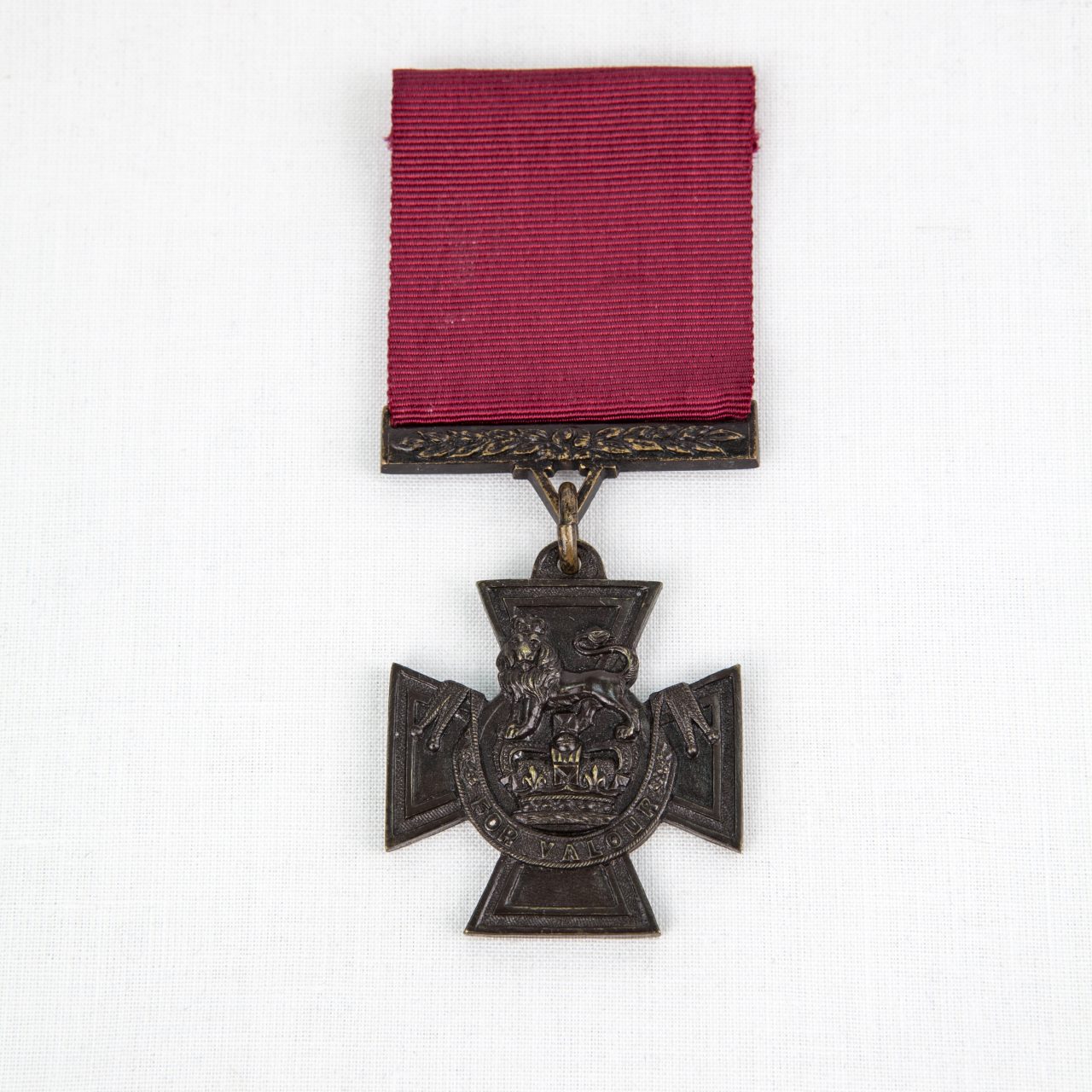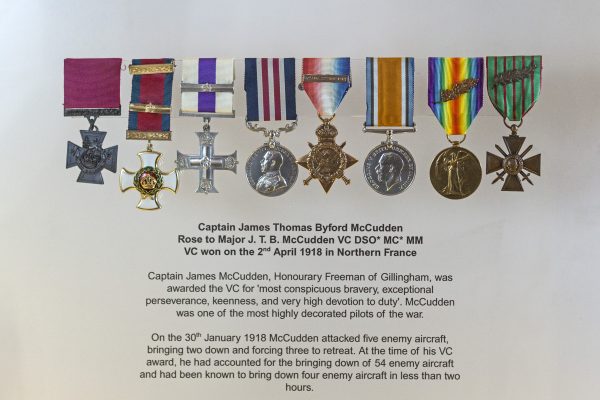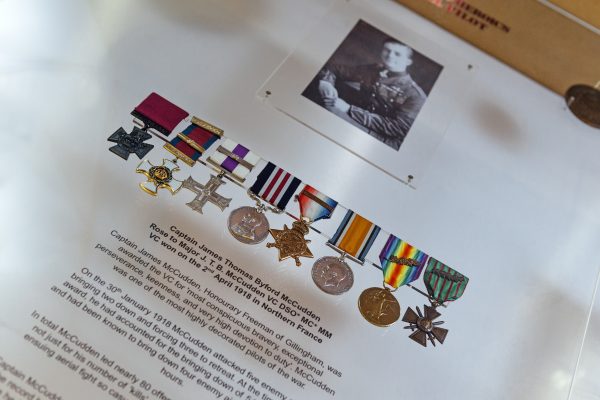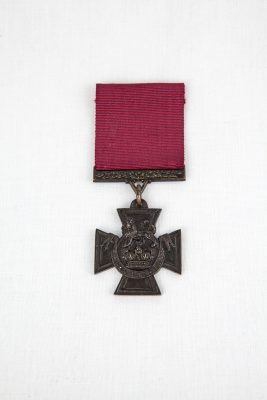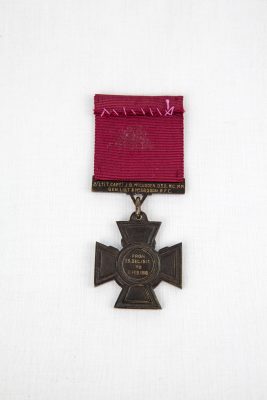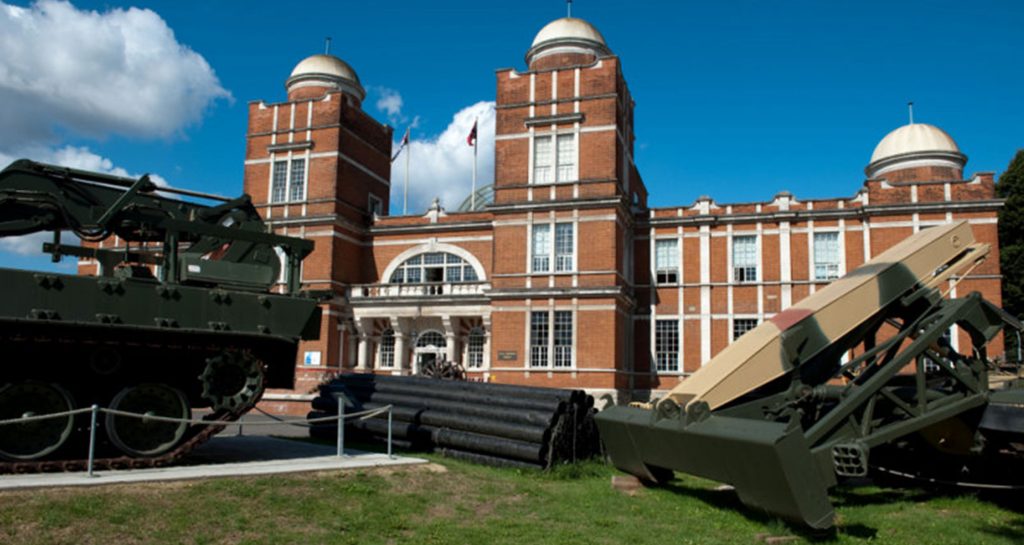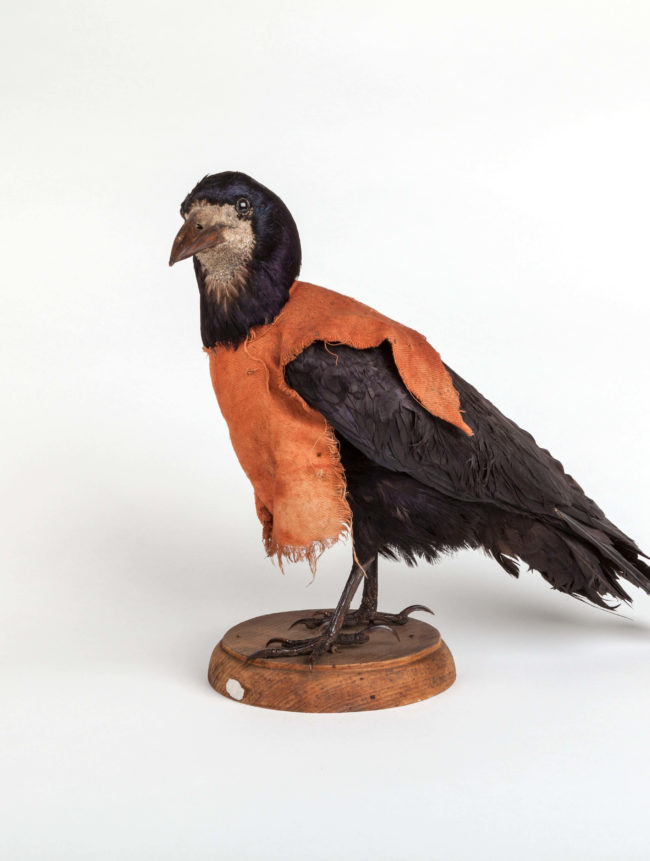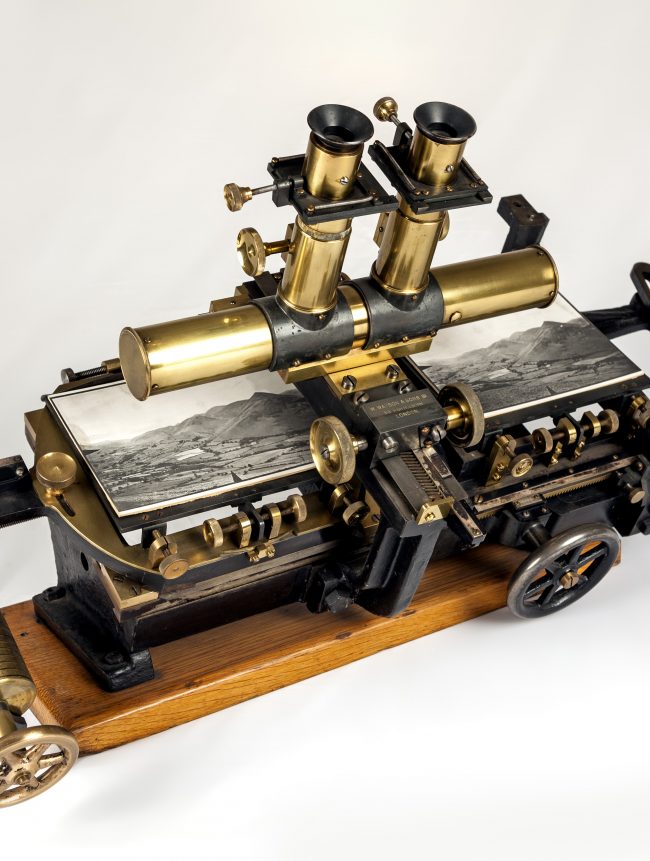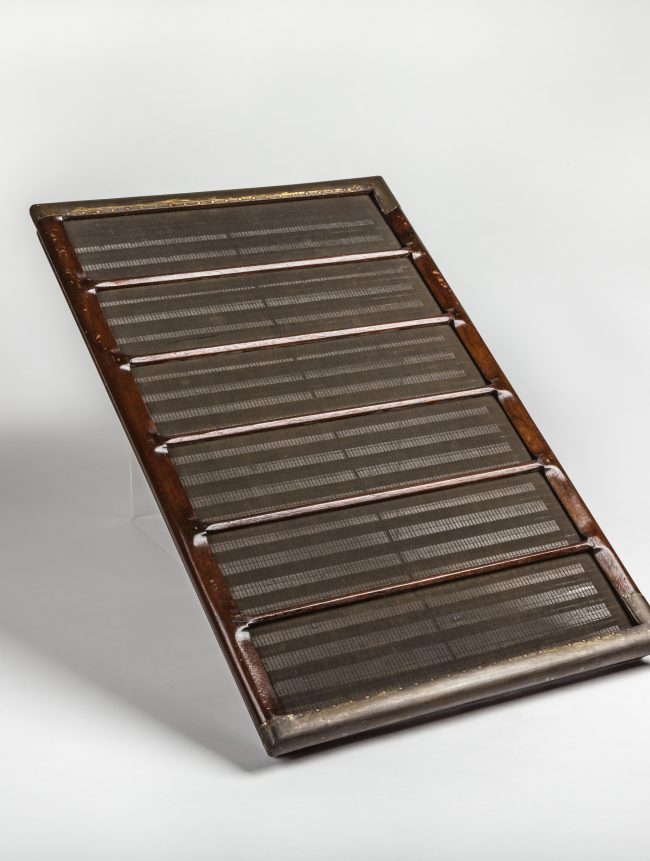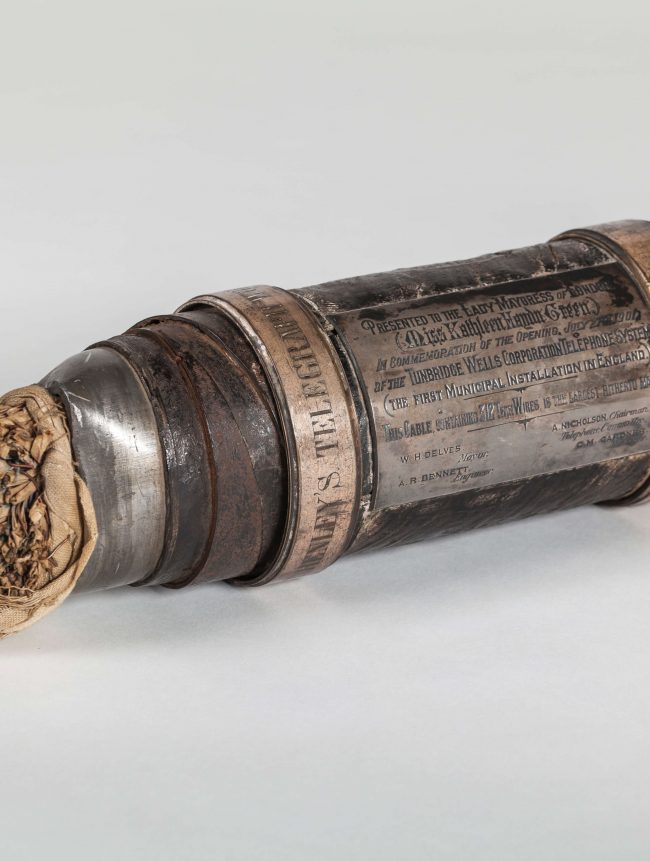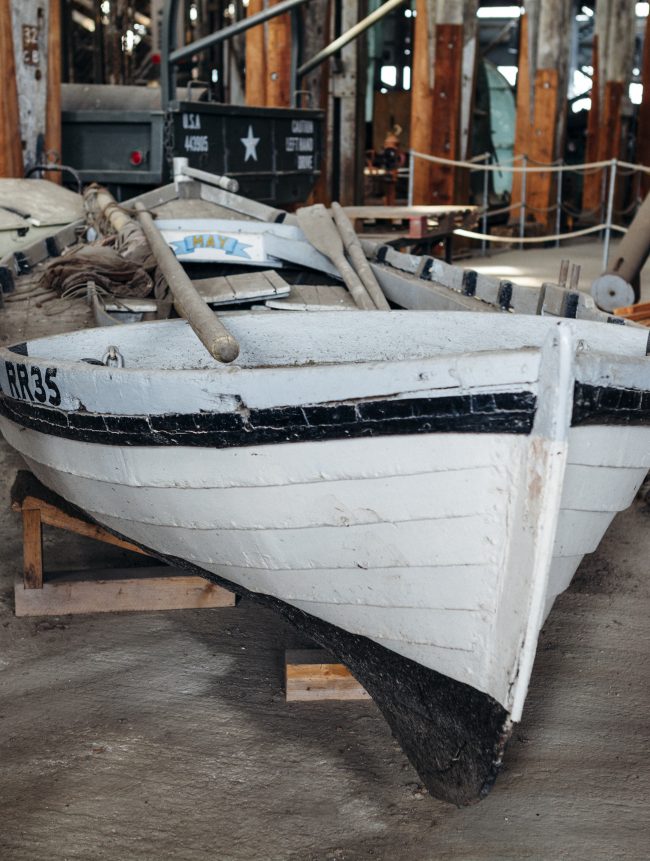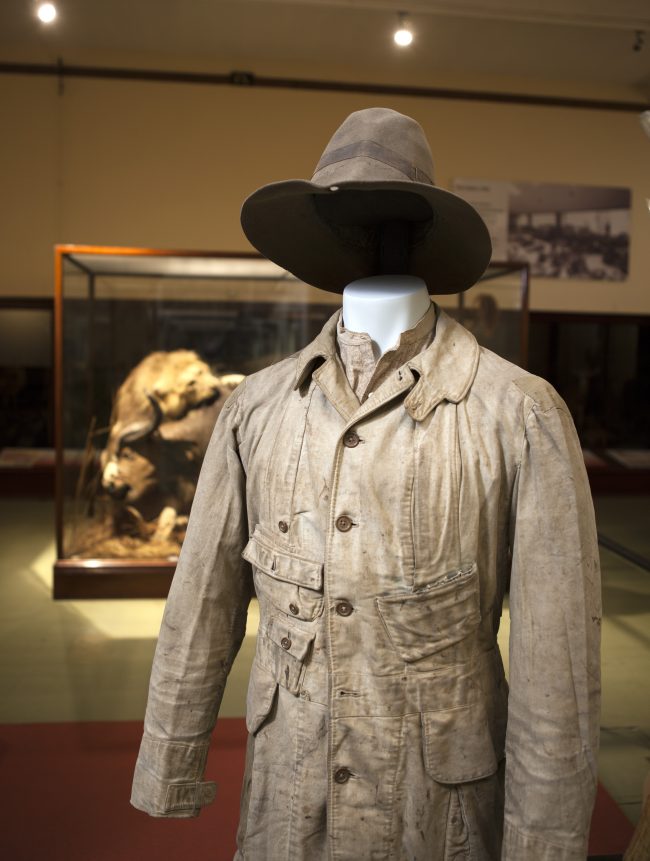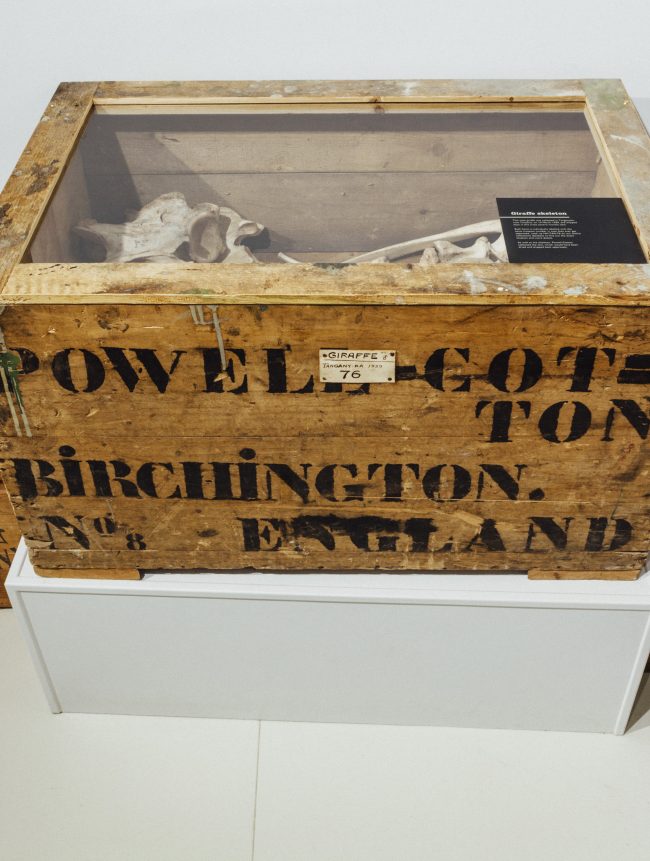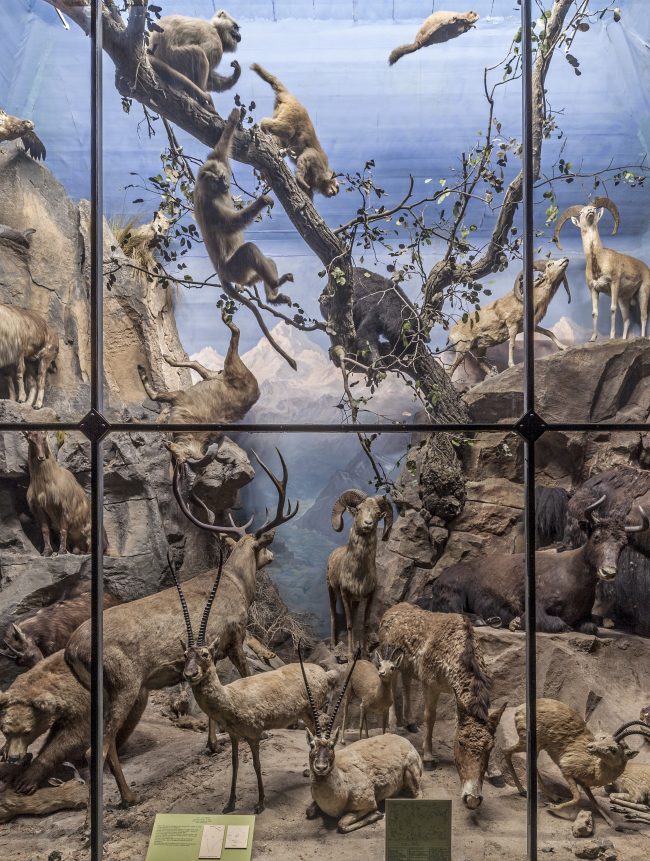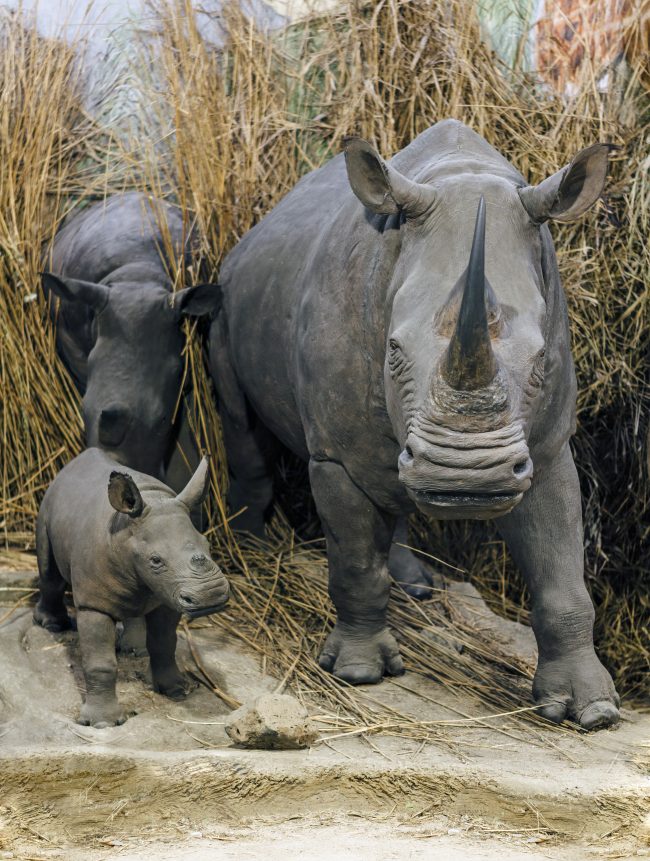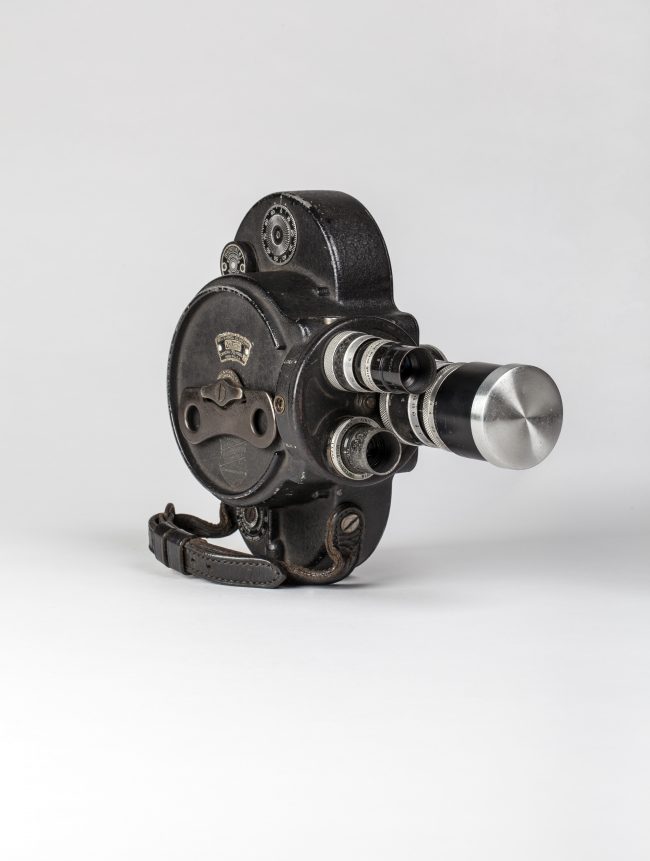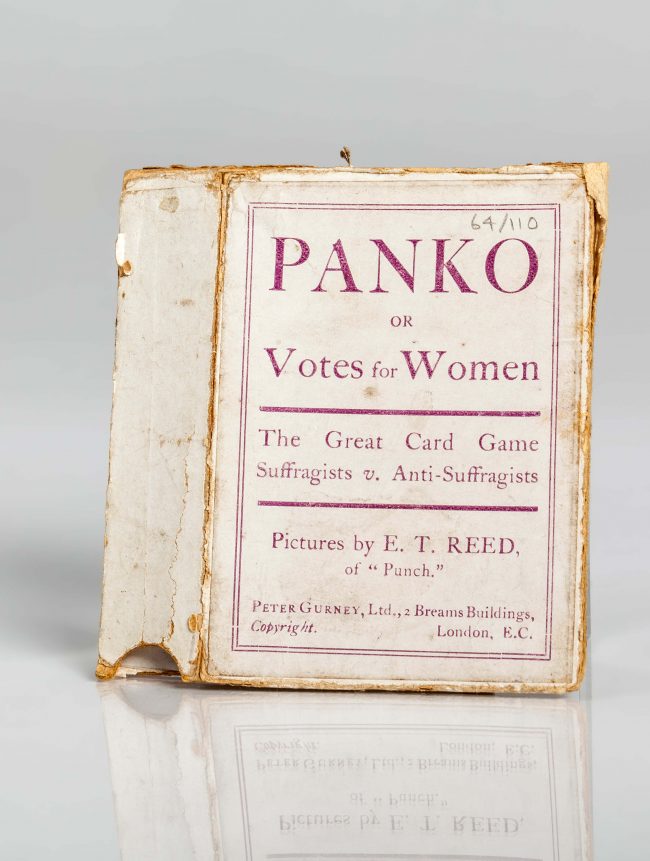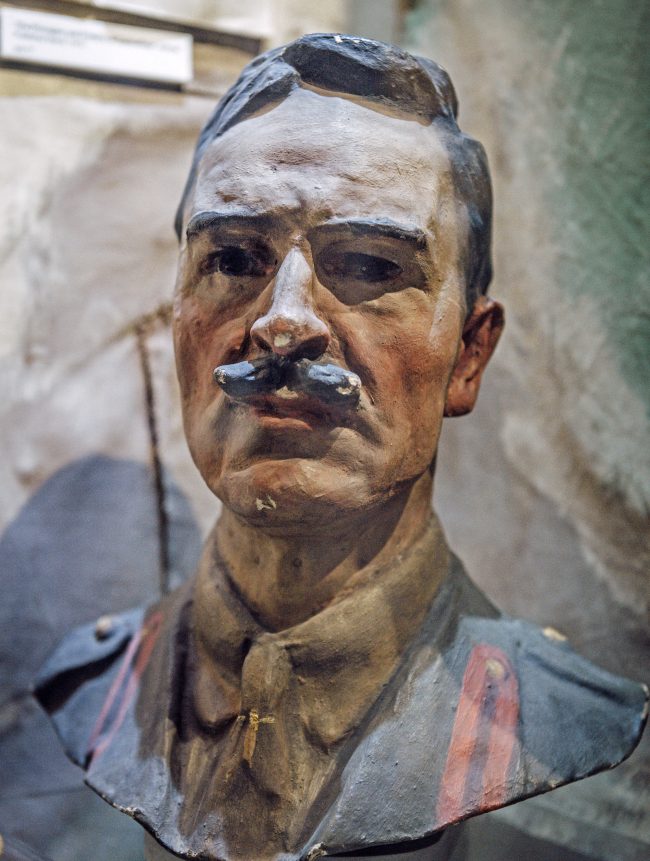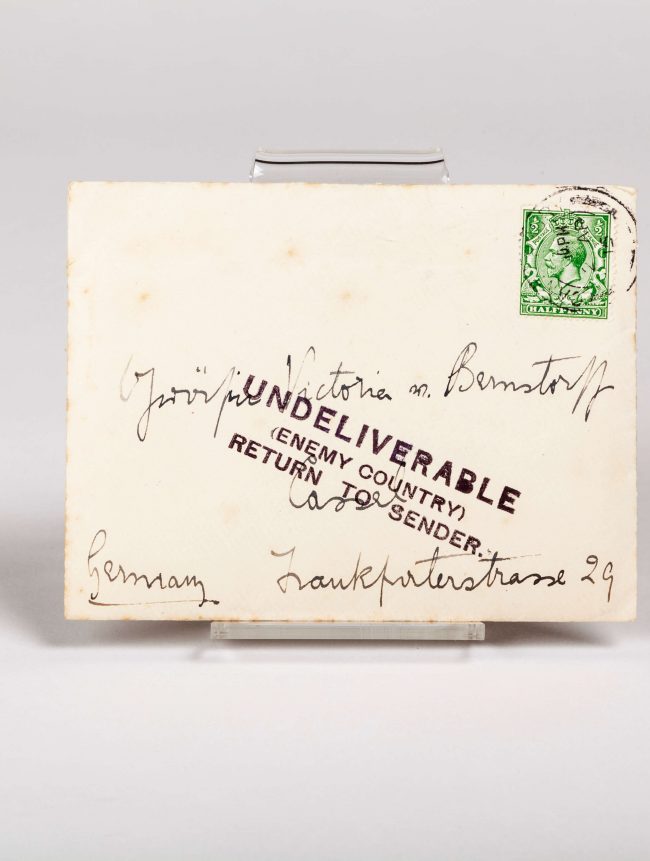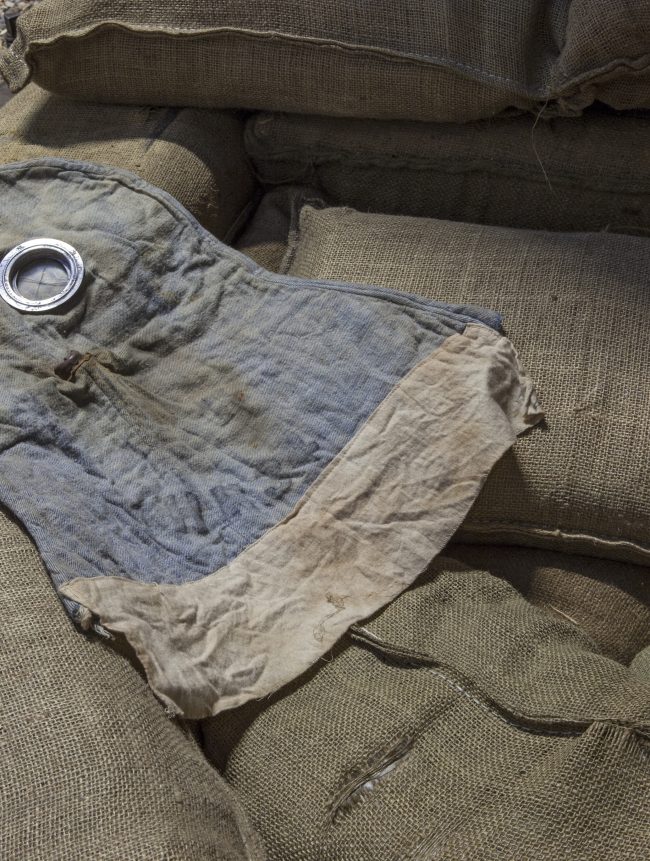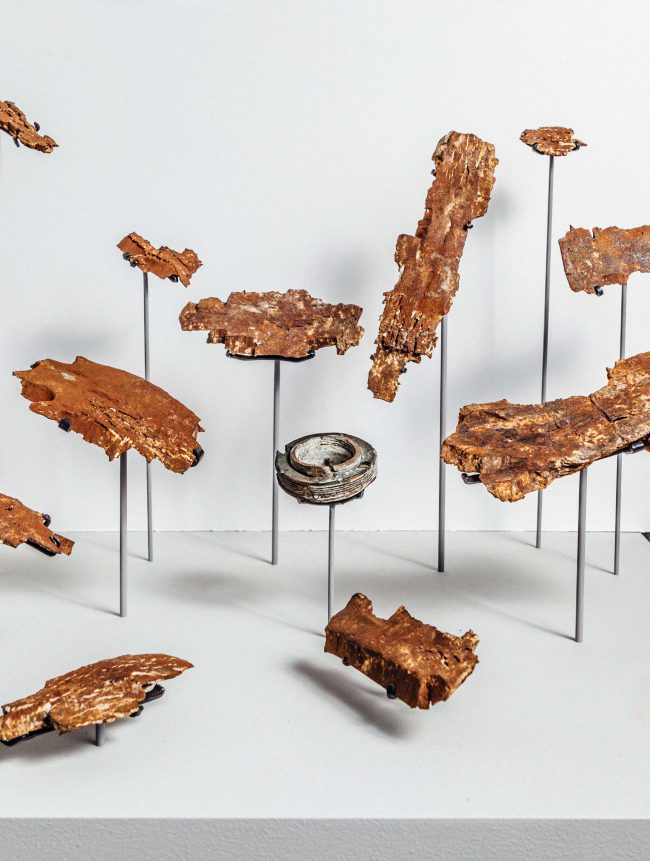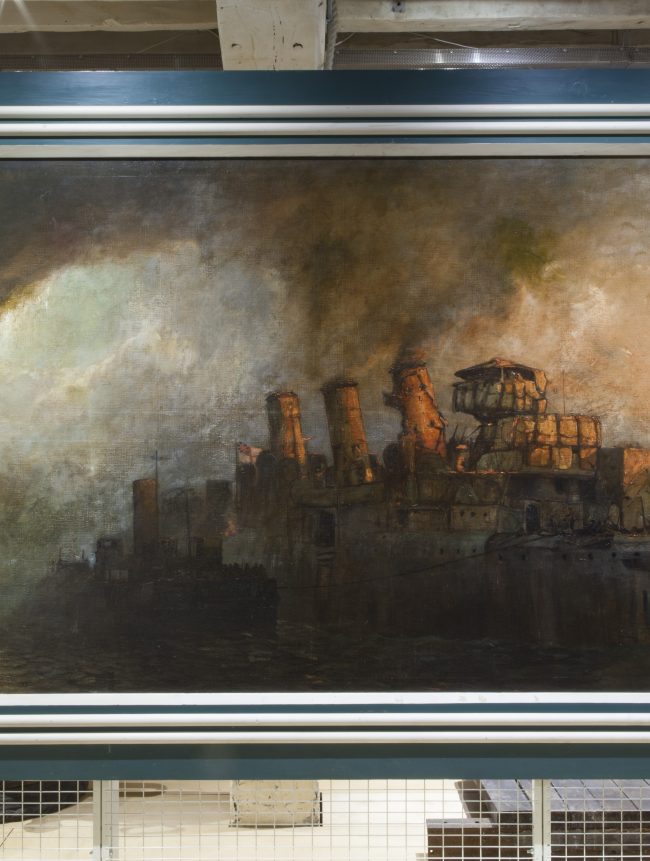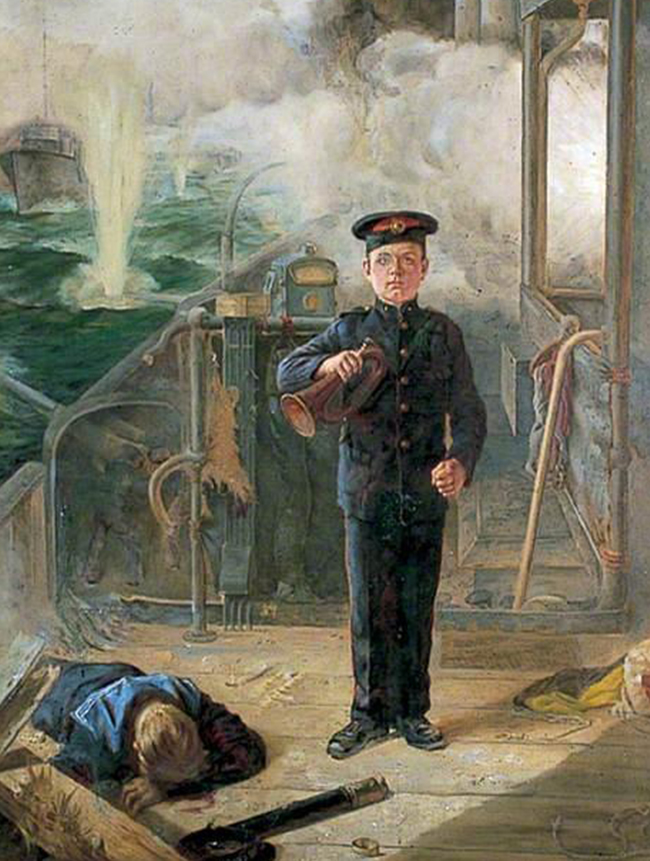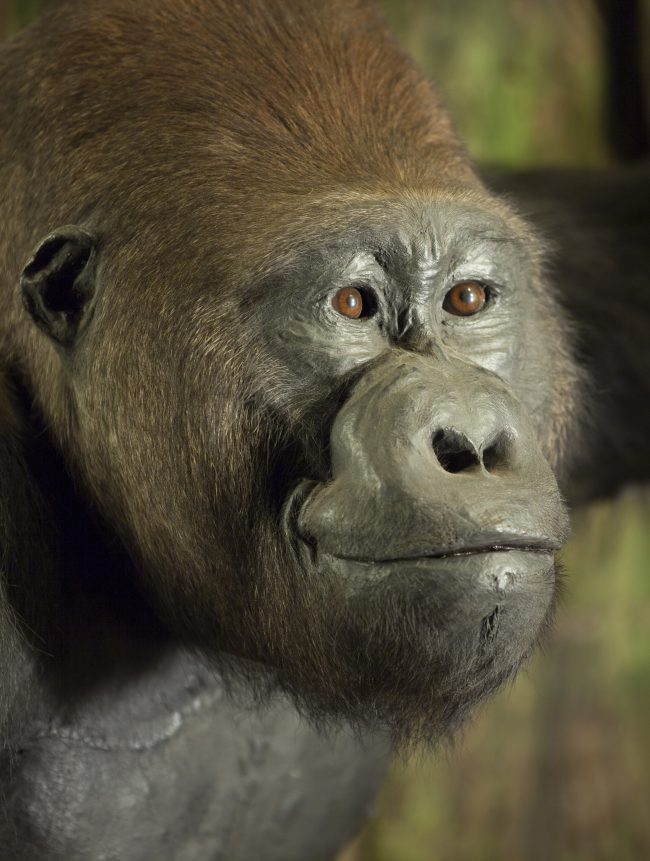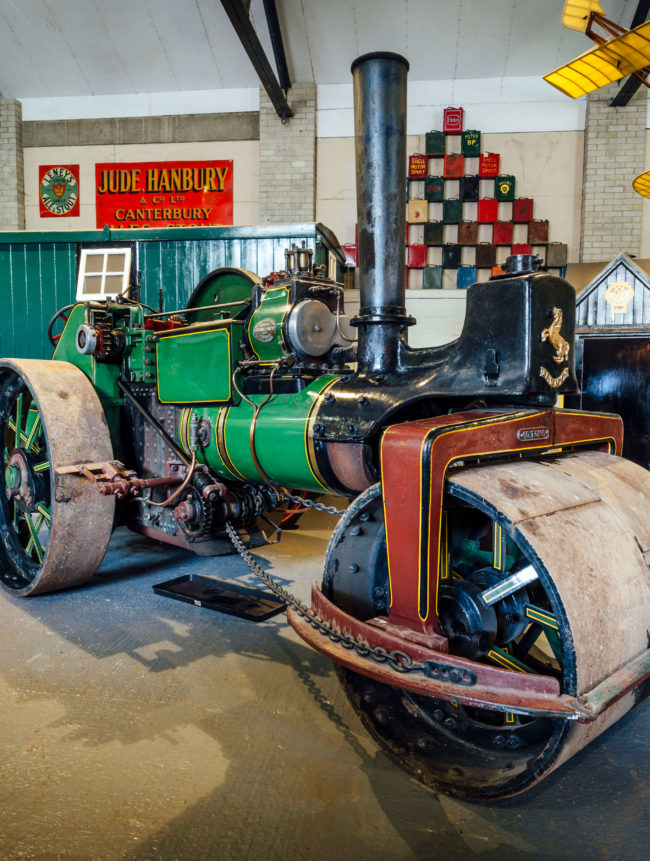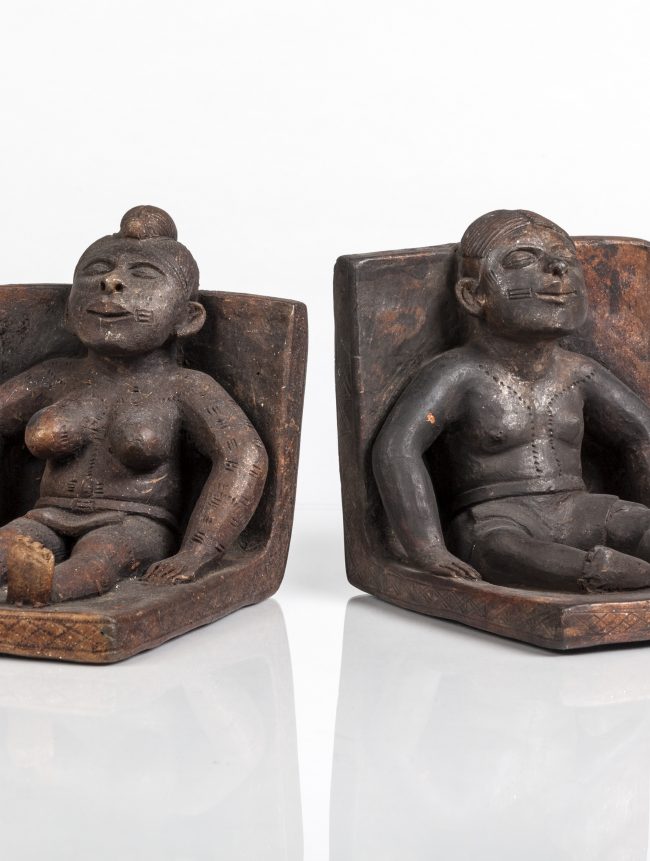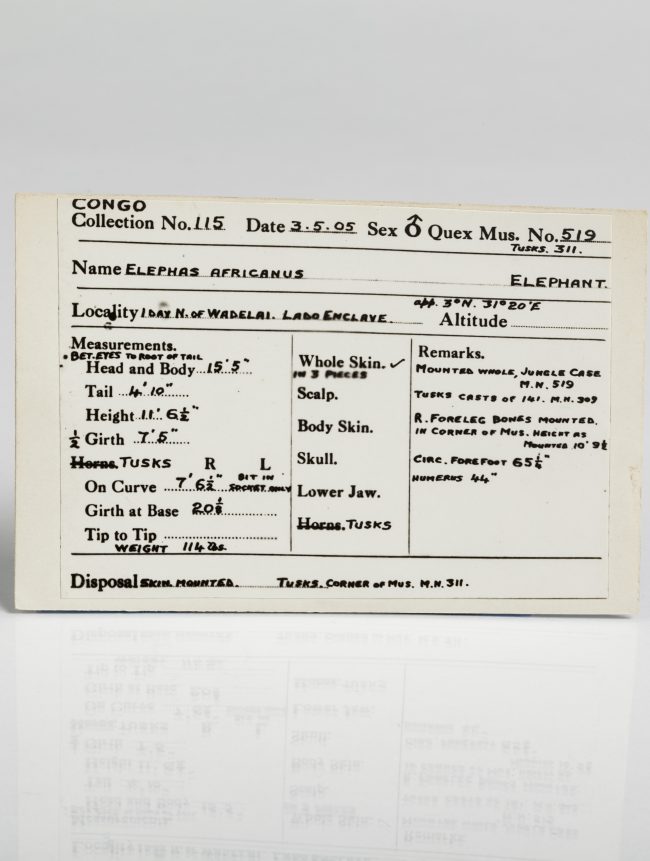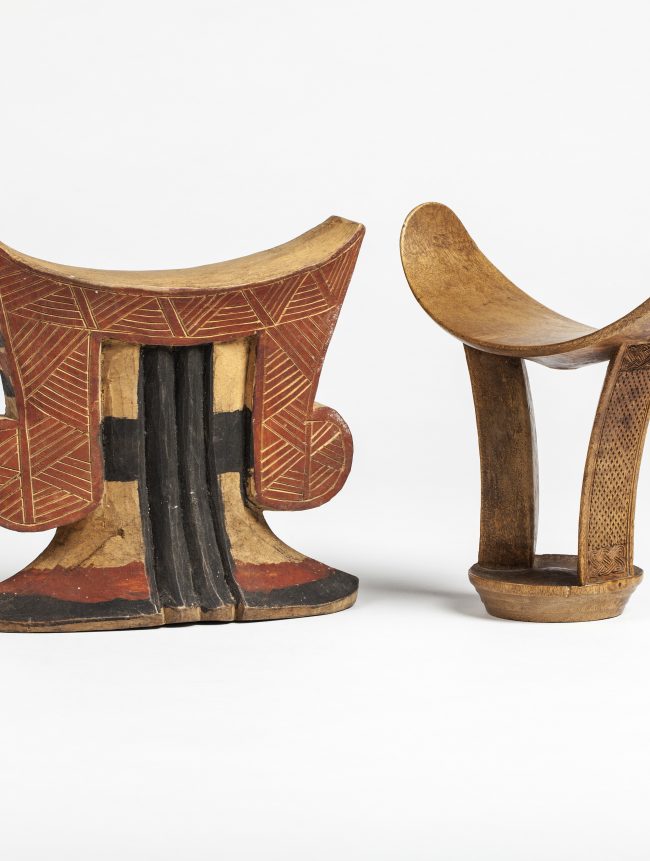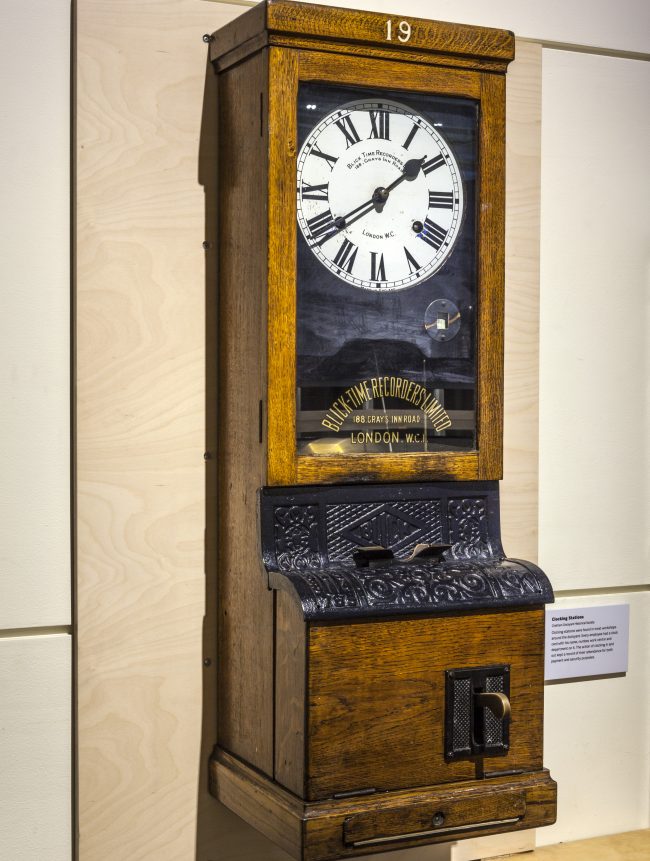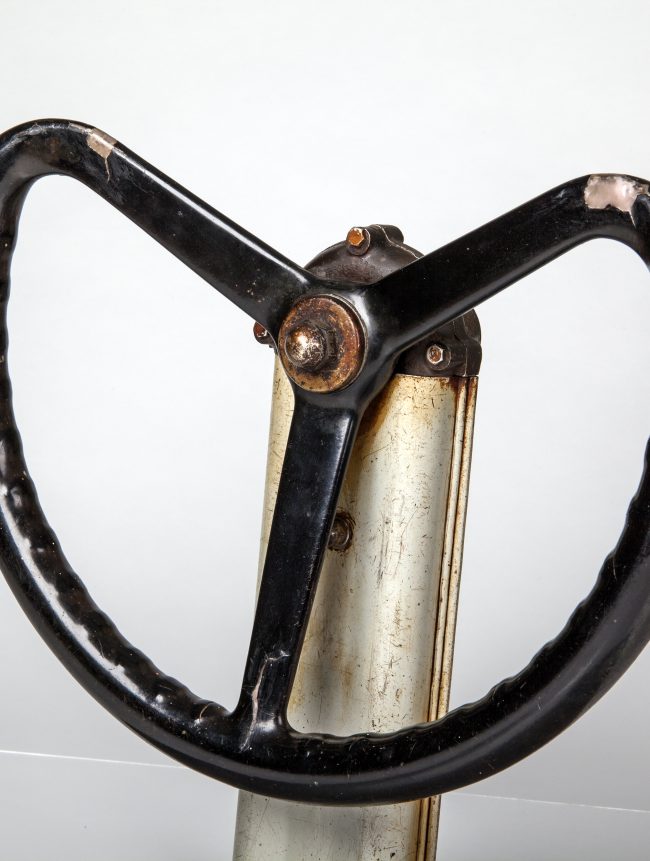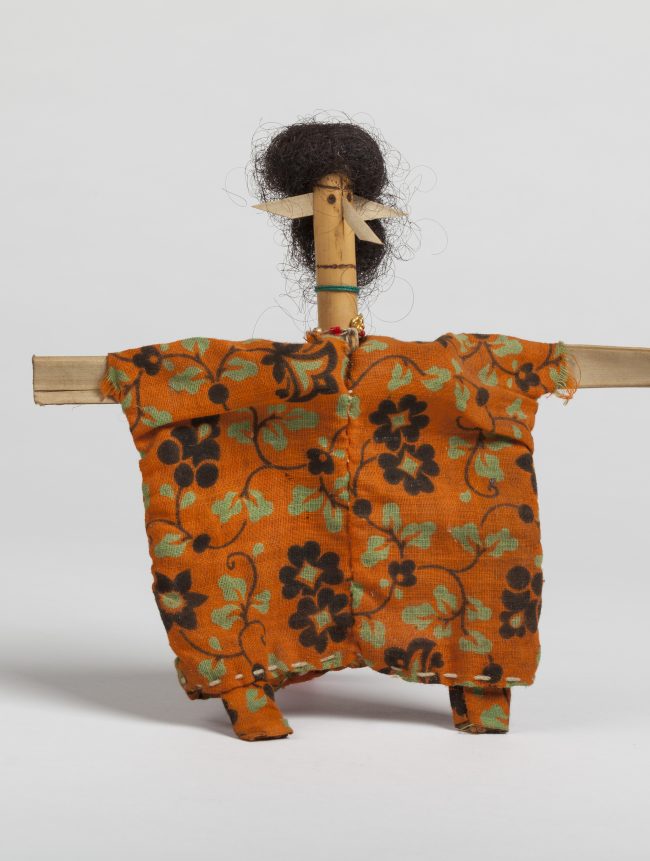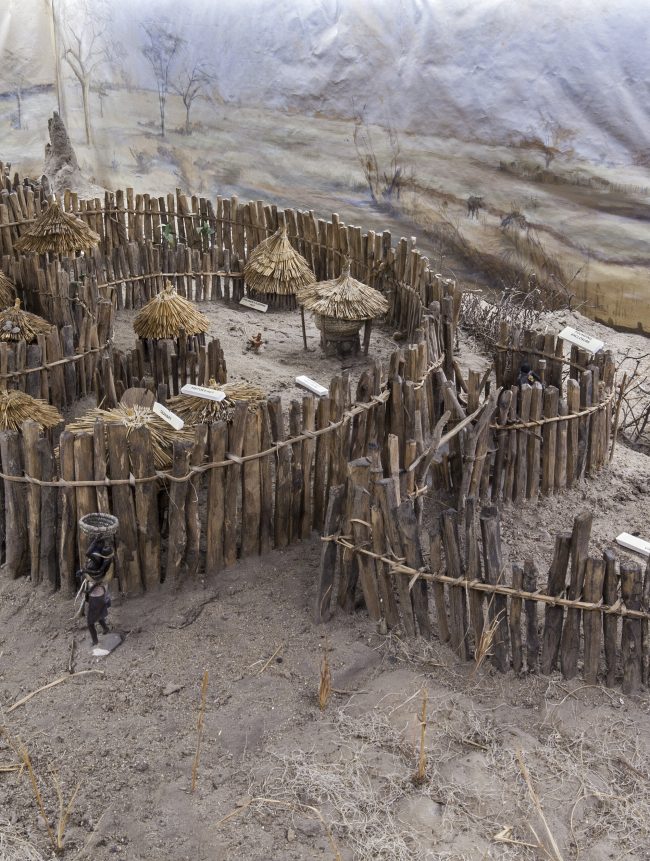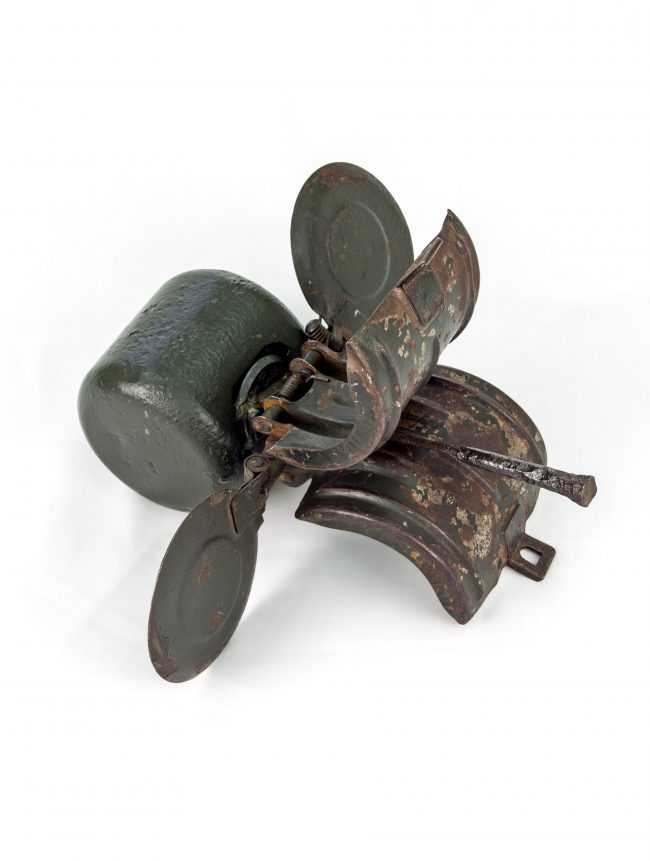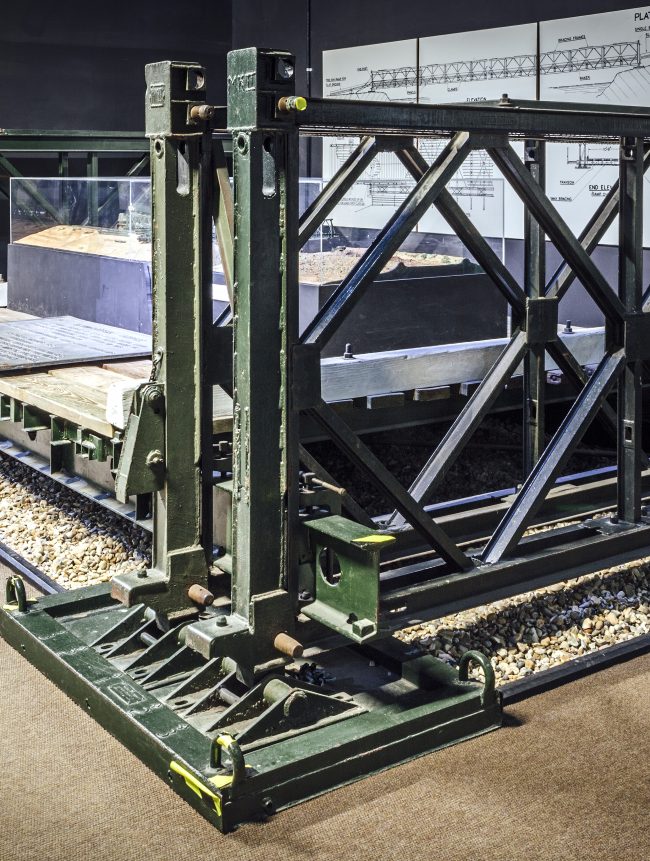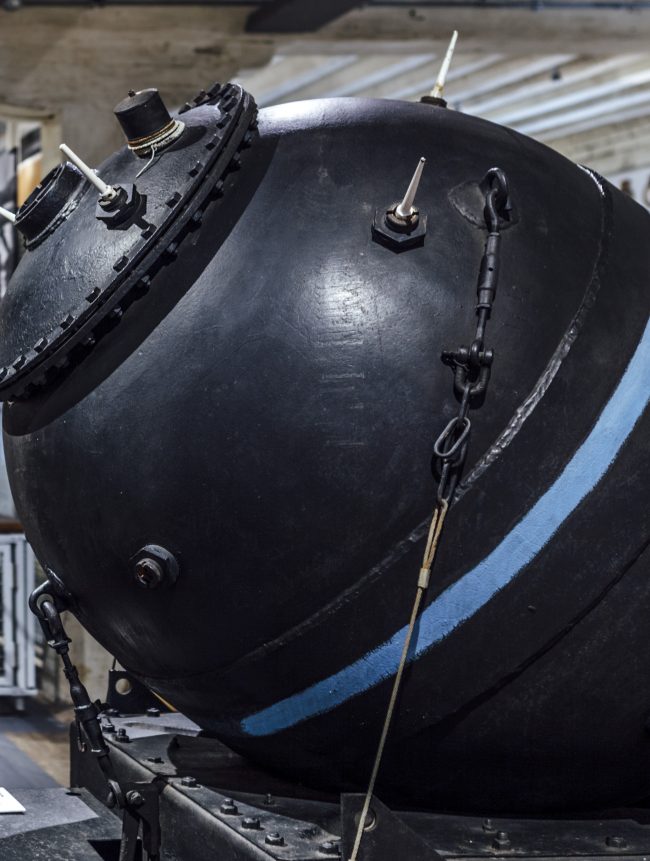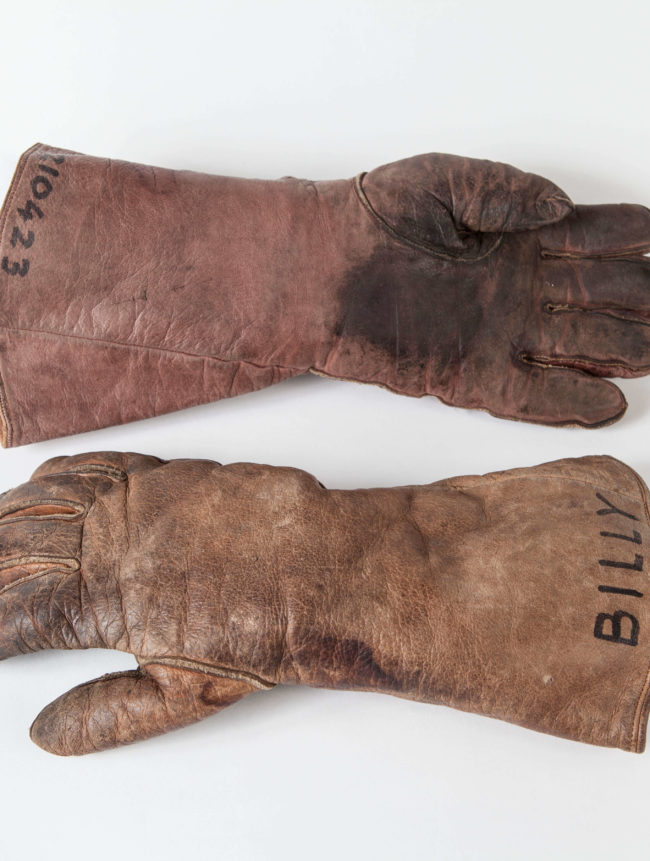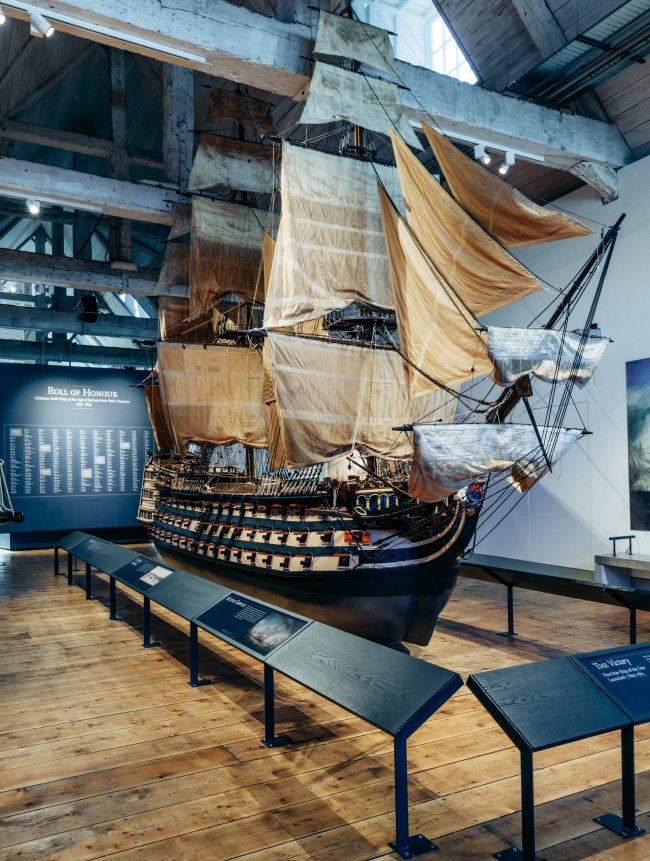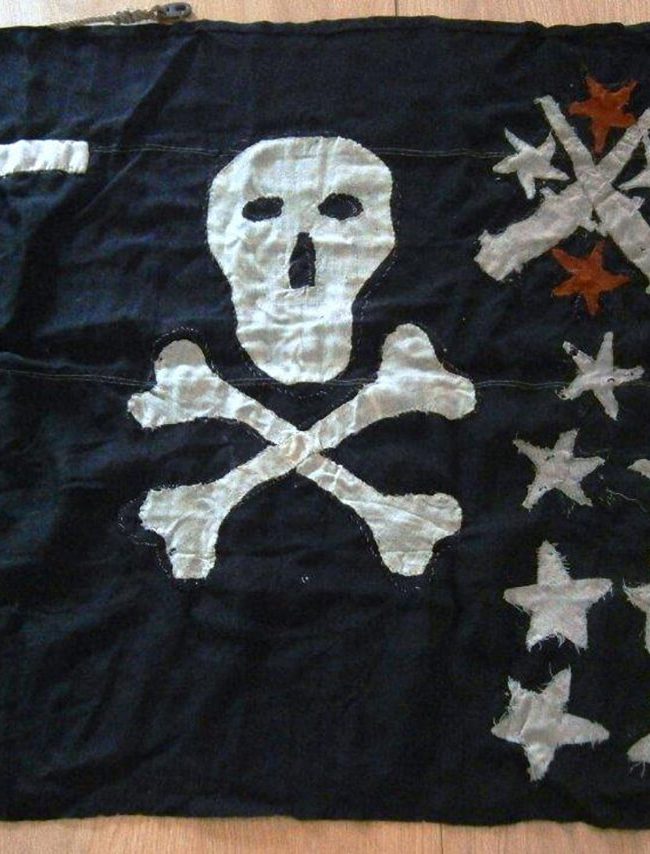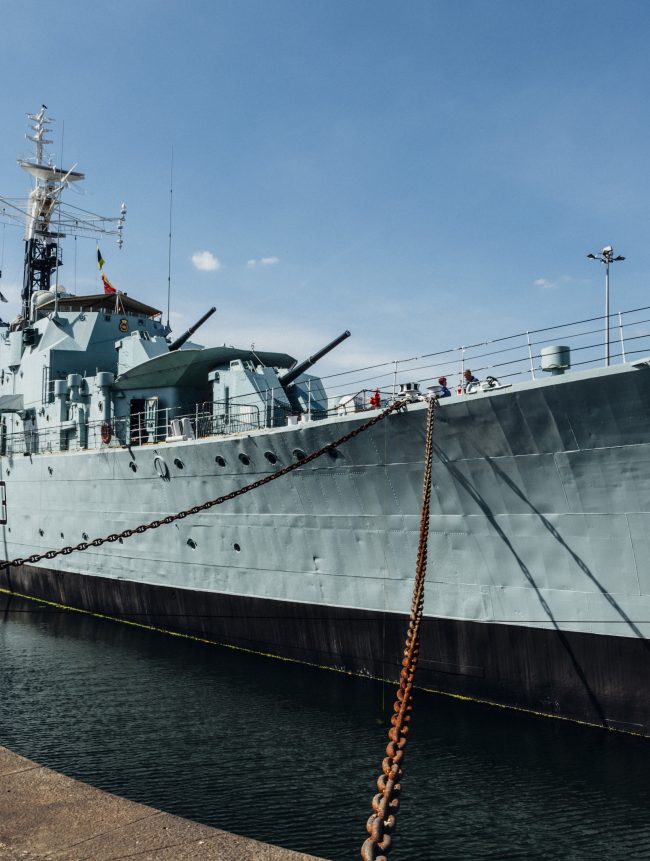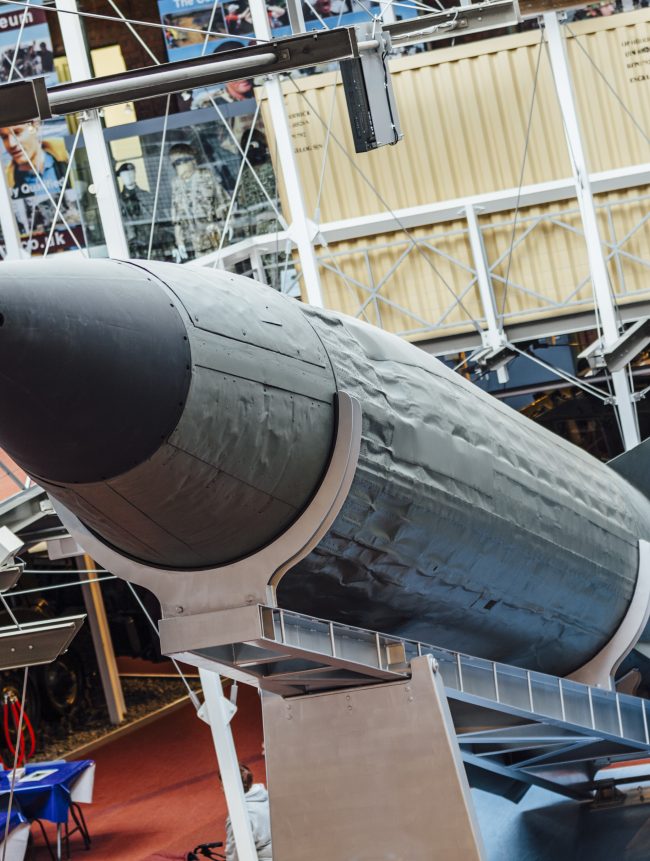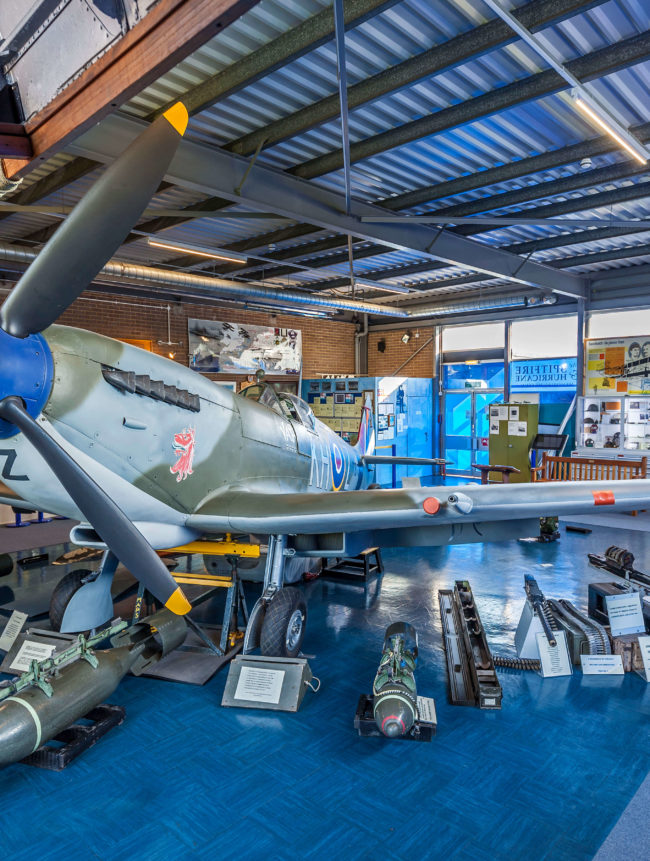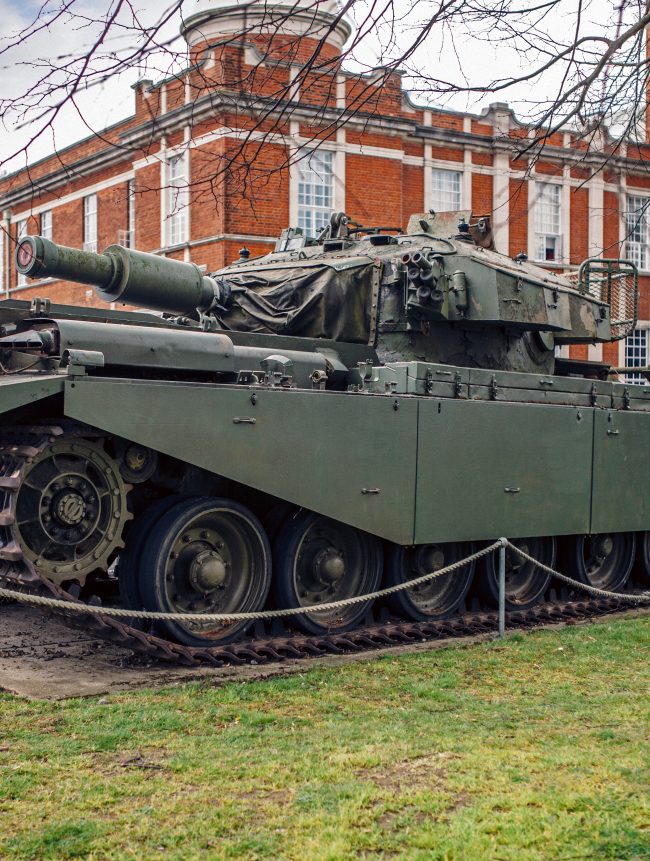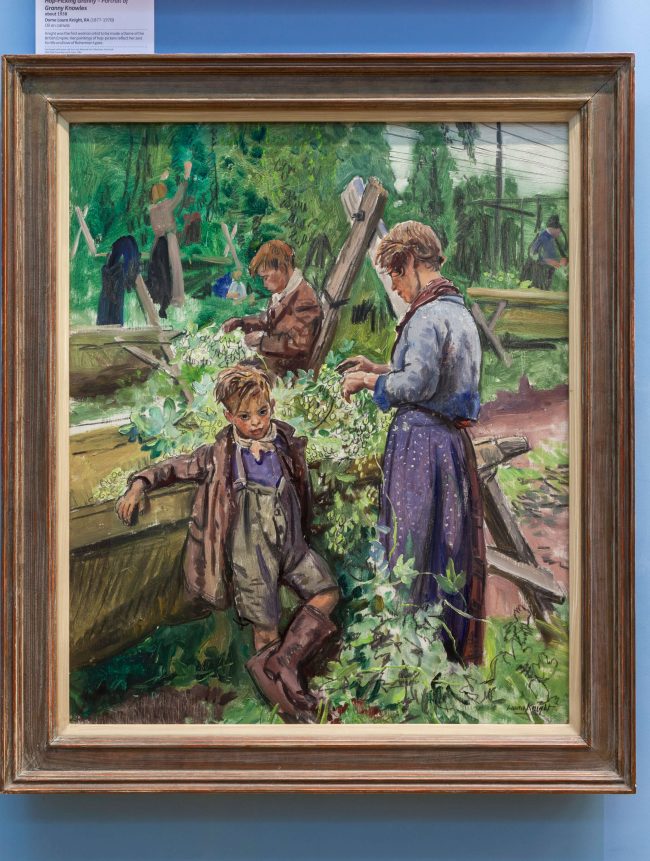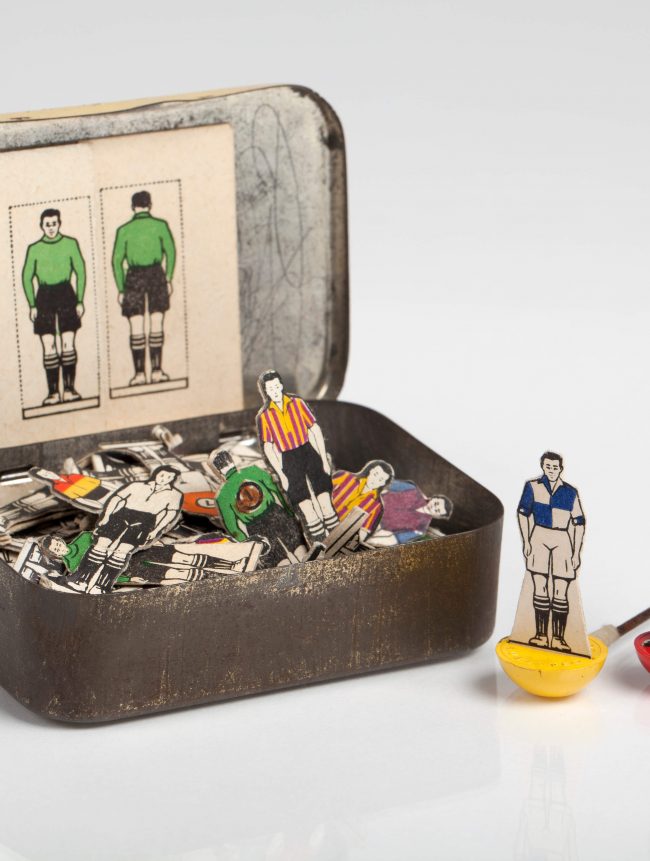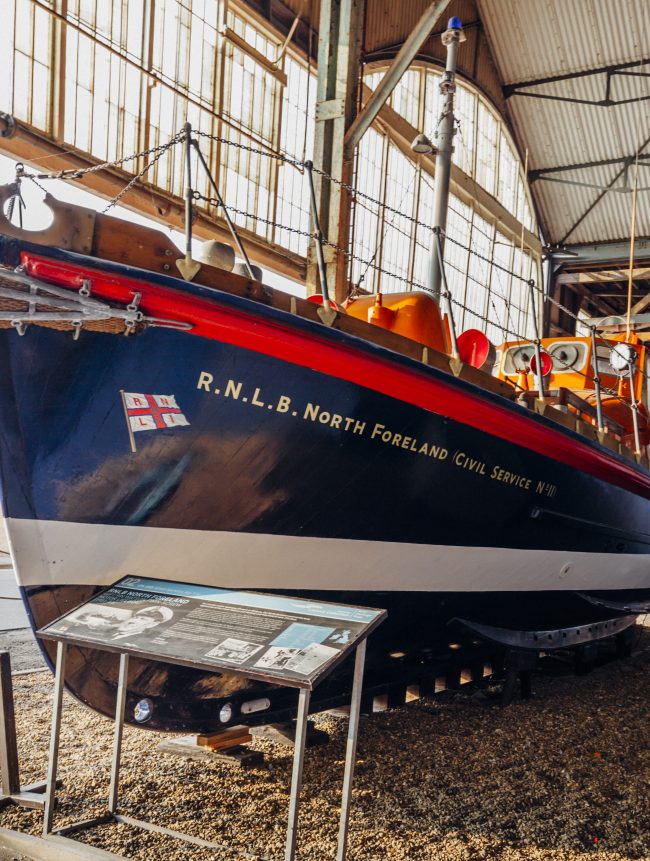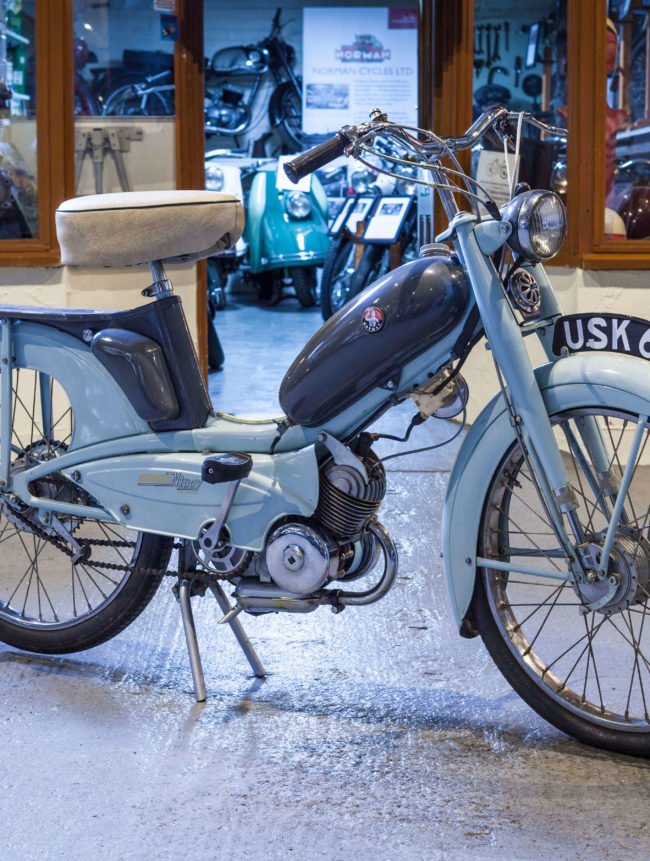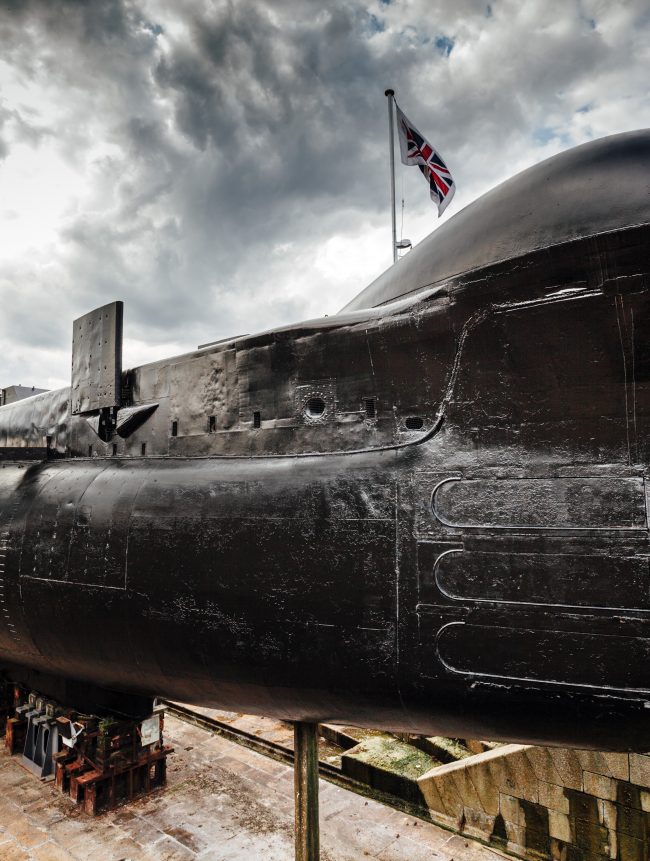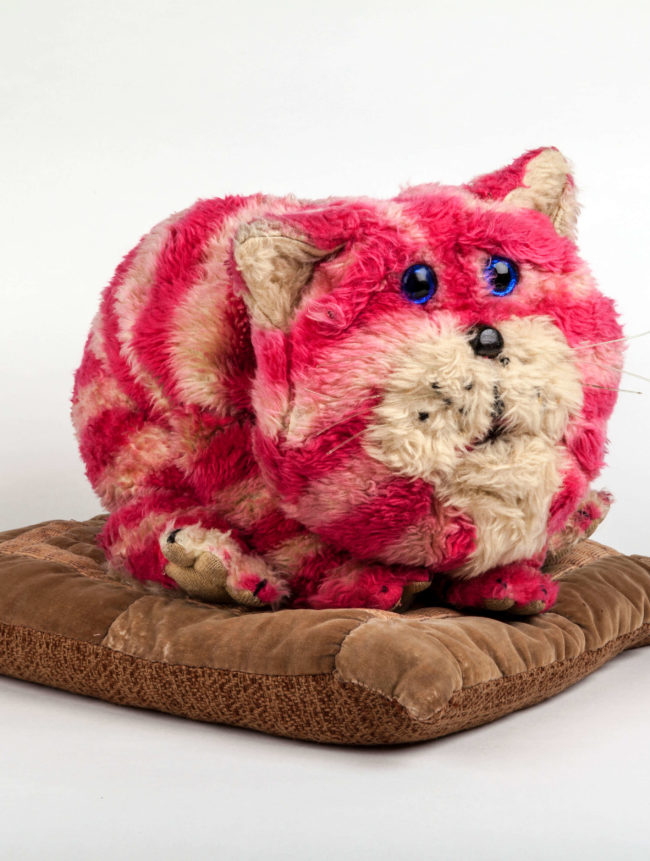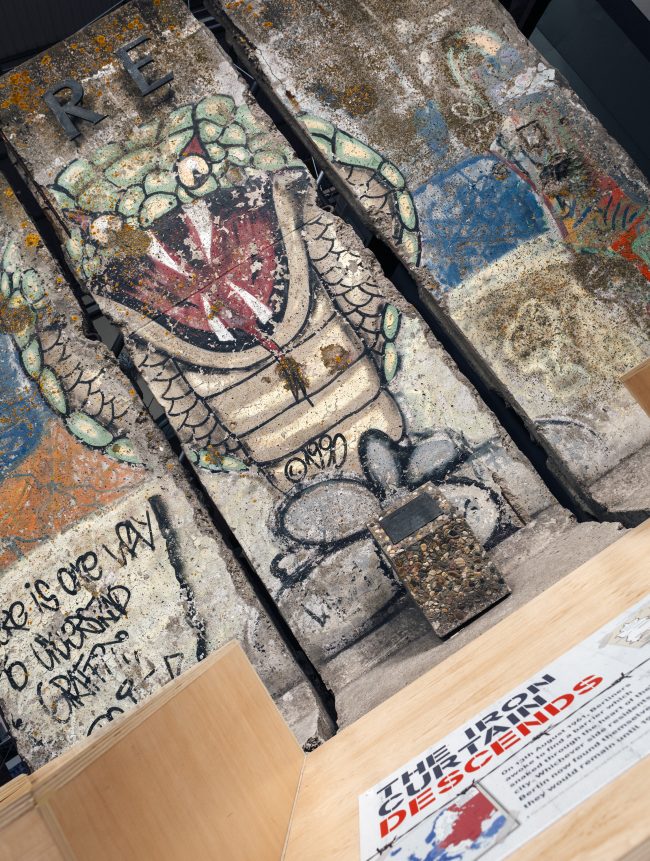About
James McCudden was born on 28 March 1895 in Gillingham, Kent to Sergeant-Major William H. McCudden and Amelia Byford. He was 1 of 6 children; 2 sisters and 3 brothers . His father at the time was serving as a Royal Engineer. McCudden and his brothers often went to see the pioneer aviators. McCudden expressed a desire to become a pilot after spending hours watching the early flying machines. He joined the Royal Engineers in Chatham, Kent on the 26th April 1910, aged 15.
Learning
James made his intentions early in his military career that he wanted to fly. His older brother William was by then a Pilot in the newly formed Royal Flying Corps. He excelled in his service and by 26 April 1913 held the grade of Air Mechanic 2nd Class and was granted a transfer to the Royal Flying Corps as a mechanic.
James became popular with the pilots he worked for maintaining their aircraft to the highest level and performance. He was granted permission to fly as a passenger as a thank you for his work. He requested many times to be allowed to do pilot training, however each time he was turned down as he was too valuable as a mechanic.
When World War One broke out in August 1917 he was sent to France and quickly promoted to sergeant. Within days of his promotion in April 1915 his Brother William was sadly killed in a flying accident. With this sad loss he was still determined to fly and was granted permission to fly as an observer being awarded Croix de Guerre for bravery and allowed to train as a pilot in February 1916. He returned to France as a qualified pilot and started to become a skilled ace, shooting down 57 Enemy aircraft and being commission as an officer after being awarded the Military Medal, Military Cross and Distinguished Service Order and also the highest award for bravery, the Victoria Cross. His younger Brother John joined the RFC at this time as a pilot but was killed in action. After a short spell as instructor he was given command of his own squadron. Though tragedy struck when on his way to join them in France, his engine failed causing his plane to crash. He died of his wounds later that day. He was only 23 years old.
Curriculum Links:
- KS1: Significant Events, Everyday Materials
- KS2: Local History, First World War, Materials and Their Properties, Artists, Architects and Designers in History
- KS3: Local History, Britain 1901- Present Day, History of Art, Craft and Design


